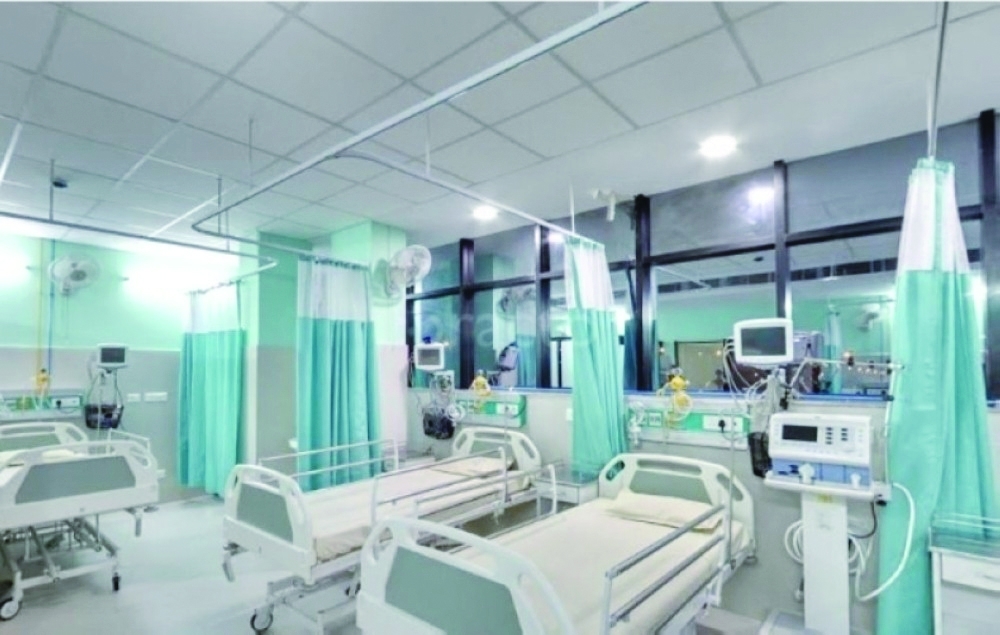

Muscat: The expatriates employed with the government and their families are eligible for free medical treatment as per the decision (126/2023) issued by Dr Hilal al Sabti, Minister of Health on Sunday. The decision was aimed at regulating fees for medical treatment, affirming the commitment of health institutions to provide treatment services to all citizens and residents of the Sultanate of Oman.
All health institutions must take necessary measures to ensure that the prescribed fees are collected in a manner that does not preclude the treatment of emergency cases, the decision said.
The new decision specified categories that enjoy free treatment services in the Sultanate of Oman - Omanis, and Gulf Cooperation Council (GCC) citizens residing in the Sultanate of Oman for a period of no less than three months. The earlier decision did not specify the period of residence for GCC, and foreigners married to Omani women, and this includes husbands, children, those born to an Omani wife from this marriage, foreign women married to Omanis, foreigners working in the government and their families according to their service contracts, foreign members of the diplomatic corps, and their family members.
The new categories also include foreign parents of an Omani residing with him in the Sultanate of Oman, and foreign parents and children of a foreign husband or wife of Omani origin residing with him in the Sultanate of Oman.
The decision excluded the category of visiting delegations to the Sultanate of Oman, including delegations of sports and cultural clubs invited by the official authorities, from free treatment services, but they can avail free treatment provided by primary health care services, emergency and ambulance services, and treatment of critical cases that need to admission to health institutions.
New categories of patients have been exempted from paying fees, such as patients with an epidemic or infectious disease that threatens public health and for which a decision is issued by the minister, their contacts and suspected cases, organ donors for one of the categories specified in the decision, children benefiting from the expanded immunisation programme, all beneficiaries of national vaccination campaigns, and circumcision operations for converts to the Islamic religion in the Sultanate of Oman.
The decision said that the fees for those who are eligible for free treatment have not changed regarding registration, annual renewal, and admission to tertiary, secondary, and primary healthcare hospitals for categories (VIPs, private nursing wards, and a private room in the general ward).
As for the groups who are not eligible for free treatment, these fees have been raised. The decision also set detailed fees according to the services provided.
The decision also includes fees for additional services, for pilgrims and Umrah performers, which are RO 2 for those who are eligible for free treatment.
The decision also set fees for using ambulances in two cases with medical coverage and without medical coverage for those who are not eligible for free treatment.
Oman Observer is now on the WhatsApp channel. Click here



